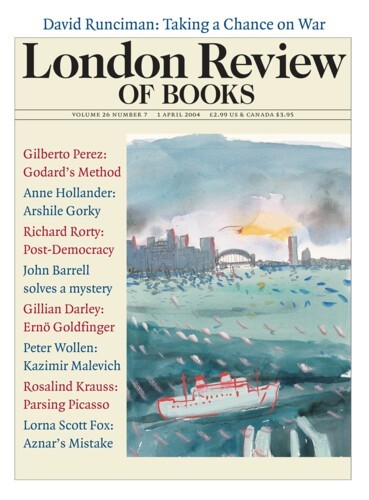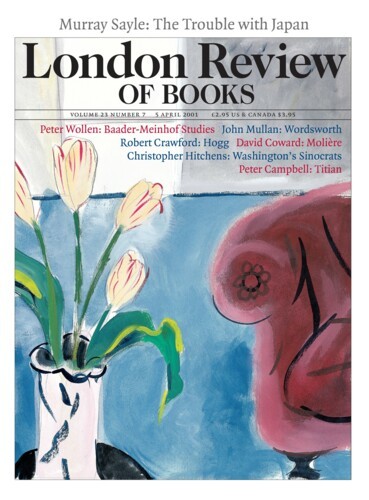Beyond Zero: Kazimir Malevich
Peter Wollen, 1 April 2004
Kazimir Malevich was the most enigmatic and the most provocative painter of the early Soviet period. He can be seen as a pioneer of abstraction and of the minimalist works produced many years later by such artists as Barnett Newman, Mark Rothko and Yves Klein. Or he can be regarded as a folk artist, or as a visionary who proposed to launch his Suprematist constructions and artworks into outer...




